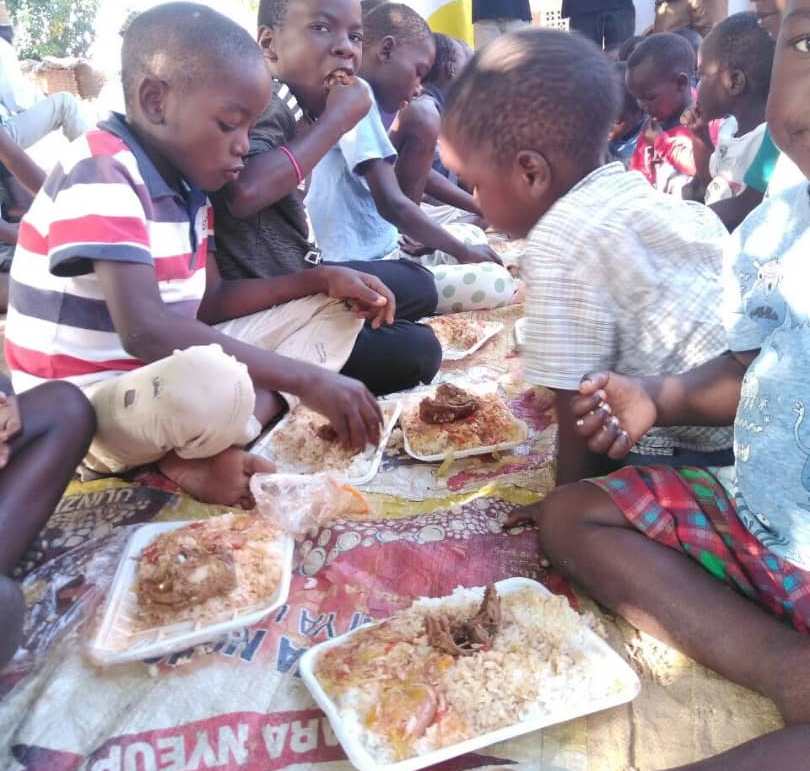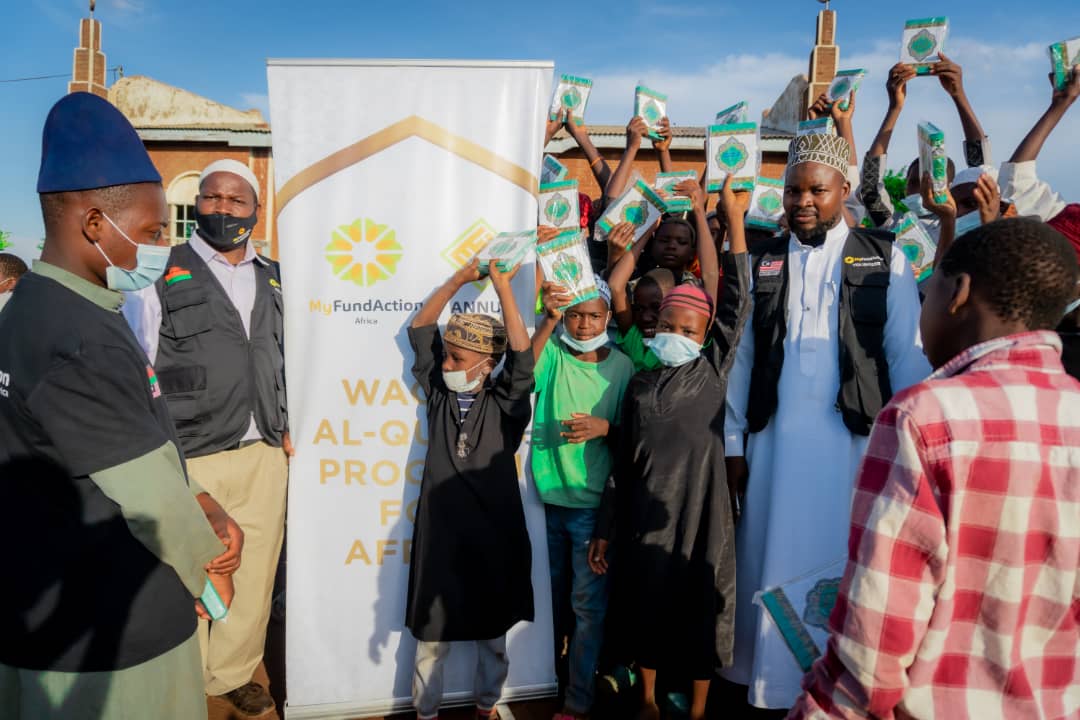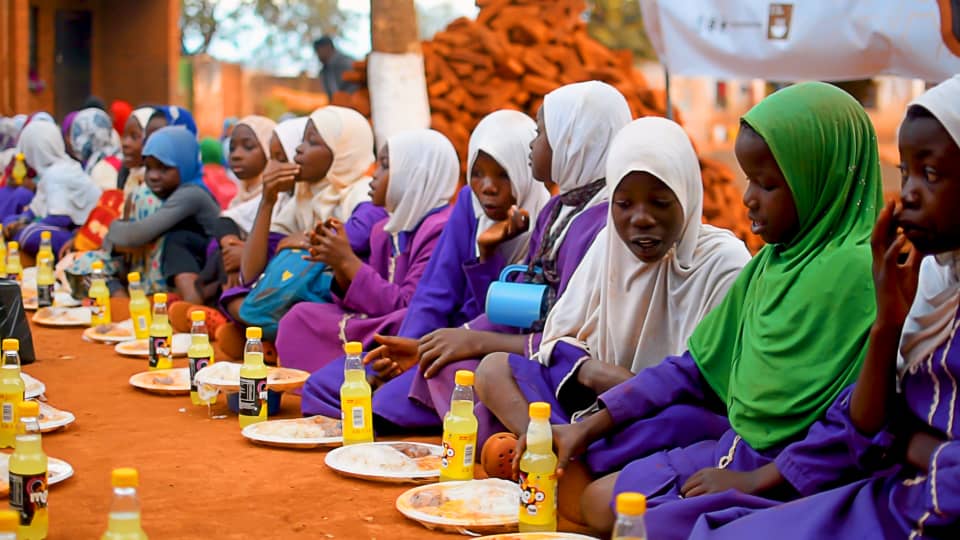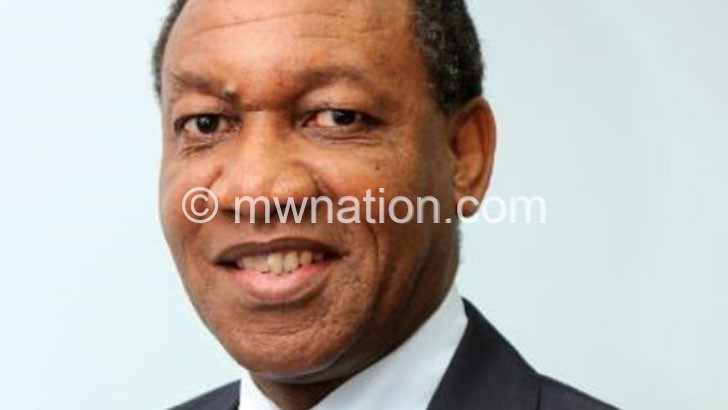Family planning, youth and the church
Justice Zimba and his wife Enala are worried. Their first child—a daughter—is growing fast into adulthood and may soon be start engaging in serious sexual relationships.
It is not the daughter’s graduation into adulthood that is worrying the two parents who come from Kamundenga Village in Paramount Chief M’mbelwa’s area in Mzimba.
“Rather, our fears are emanating from the fact that our daughter is not equipped with information on sexual reproductive health (SRH) and family planning issues. Of course, our church doesn’t condone sexual activities among unmarried persons, but as a parent, I recognise it exists,” Zimba explains.
Enala says apart from merely acknowledging and condemning sexual activities among believing youths, both within and outside marriage, their congregation has remained quiet on matters of SRH and family planning.
She stresses: “Most Malawian cultures don’t promote open and honest discussions between parents and children about sexuality; hence, it is imperative that pastors should assume the role of providing information on counselling on sexuality and family planning methods to ensure that young people and their families are able to make informed decisions.”
Principal of Kamalibwe Chipangano Church in Mzimba, Pastor Tutuzga Nyirenda, admits that silence by the church on family planning issues has been a cause of worry among believers.
Nyirenda says some believers have even mistaken pastoral silence on the matter as endorsement of irresponsible parenthood.
“But as you will note, lack of information about family planning issues is one of the major challenges preventing pastors from engaging the youth on the matter. In some instances, pastors, too, have scanty information or knowledge about family planning,” he explains.
He adds: “Therefore, I propose that there should be deliberate efforts to equip pastors with skills and information on sexual and reproductive health (SRH) family planning advocacy, then commission them to engage the youth. That way, individual pastors will be able to deliver family planning messages in a manner that does not contradict their faith and spiritual beliefs.”
Alinafe Aligesther Banda, facilitator and animator of Holy Childhood Ministry at Don Bosco Parish in Lilongwe, says although there are many youth fora at the parish, integration of messages about population growth and family planning have been minimal.
Banda notes that the church particularly focuses much on the spiritual well-being of the youth rather than their sexual life.
“In Holy Childhood Ministry, for instance, our focus is on children serving fellow children spiritually. For ages, information on family planning appears to be a privileged talk four couples,” she explains.
United States Agency for International Development (USAid)-funded Health Policy Plus Project, which is being implemented by the Palladium, acknowledges that that lack of access to information on sexual and reproductive health services remains a big challenge among faith groups.
But Health Policy Plus Project country director, Olive Mtema, believes the situation is slowly changing as the project has been engaging religious leaders of various faith groups and mosques to ensure availability of such information.
Mtema says one of the objectives of the project is to see faith leaders integrating messages about healthy timing and spacing of pregnancy into spiritual activities and support services, including couples’ counselling and education on sexual and reproductive health and family planning.
“Of course, we recognise that many faith groups do not condone unmarried sexual activity. But we wish to see them going beyond that so that in community groups, during fellowship, or in religious services, pastors should start emphasising the importance of keeping young people, especially girls, in school,” she narrates.
“We wish to see faith leaders discussing with young people the idea of delaying sexual activity. And when and where appropriate, faith leaders should provide counselling on family planning methods to ensure that young people and their families are able to make informed decisions,” adds Mtema.
The project will also engage faith leaders to fight forced and early marriage and begin community discussions discouraging the practice, according to the country director.
Justice Zimba and his wife Enala commend the project for taking the initiative, saying this is the best way to tackle family planning issues, which they say are contentious not only among church-goers, but also among custodians of culture and traditions.
“If pastors can actively assume their roles, this will relieve the pressure and dilemma parents experience when their children are growing into adulthood,” says Zimba. n






